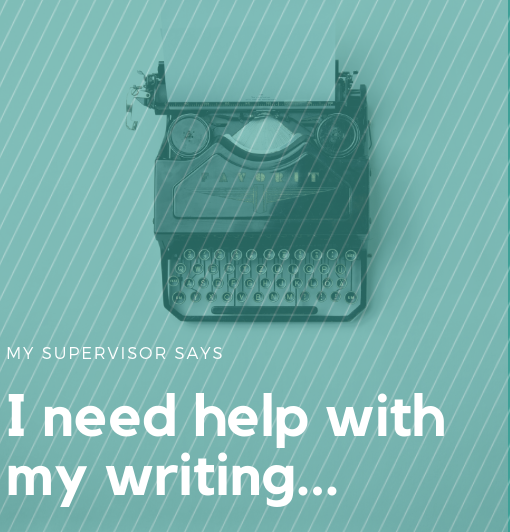This is a guest post by Earl Harper. Earl is currently in the final year of his doctorate at Bristol University. He is studying ecological gentrification in response to apocalyptic imaginaries of climate change and has previously worked as a science communicator for the Science Museum Group, on their education team.
Before entering academia, Earl volunteered as a radio host and producer for a community radio station. A recent experience with a national radio broadcast made Earl wonder about how researchers should engage with the media, particularly early in their careers.

Out of the blue, a few weeks ago, I received an email from a producer at the BBC. He had apparently found my work through Twitter and Academia.edu and was interested in phoning me to discuss an upcoming series of Radio4’s FutureProofing show, and wanted to arrange a date.
Naturally I was flattered, and apprehensive, but agreed to have a chat to see what I could offer. Having spoken to colleagues at all levels of academia about doing media interviews, I was nervous about being roped in to saying something I wouldn’t be comfortable with or having my words edited to change the points I was making. As I research climate change, and the BBC are reasonably well-known for giving equal weight to climate science and climate denial, I was also nervous about taking part in a staged debate on such an important issue. But, here was a chance to get my words out there, to perhaps make that all-important ‘impact’ that we have to be able to demonstrate in our careers.
The phone call was great, we had a 90-minute discussion in the evening about my work. The producer, Jonathan, was excited by my work, ideas flying back and forth between us and several aspects of my research which had been troubling me for weeks began to click into place. I felt confident that I could contribute to his show on ‘Apocalypses’ and he thought so too, so we agreed to talk again soon.
The weeks went past, no word from Jonathan. I began to doubt how successful the phone call had really been. Did my work have value? Had he found somebody more eminent (after all, he asked me to give him a list of names of people he could also contact, which I dutifully did)? Did the show get cancelled? I decided that the flattery was nice, but maybe the show was never meant to be and continued on with my write-up.
Eventually, an email arrived which asked me to contribute formally to the series, but not in the ‘Apocalypse’ show, in the ‘Home’ show. Now, my work is on Ecological Gentrification in Cities in response to Apocalyptic Imaginaries of Climate Change, so the new show was still within my realm of knowledge, but not what I would have liked to be known for. But it was still a way to get my words out there, so I agreed. After much discussion over when the interview would be and whether the BBC could pay for a low-carbon transportation method rather than their default option of flying, everything was set up and ready to go.
I travelled to London, I met with Jonathan and Leo Johnson (the presenter) in my PhD fieldsite, a site I had become very familiar with over the past 3 years and I felt like I was on home ground, I could hold my own. Leo and Jonathan didn’t know much about the site, so I had the upper hand. The interview began, I used my words carefully and advisedly, weaving an argument which focused on the three main points of my research – I had been advised by a colleague that I should have three things to say, and say them over and over again. After the interview was over, Leo revealed that he had read a few of my papers, watched a recorded conference presentation I had done two years ago and done a heck of a lot of research on the field site, although from a sustainable economics background, not a climate change one.
I also had some concern about my research ethics. I was standing in my fieldsite, the producer had asked me to tell the audience where I was and what the topic of my research is. I immediately l mentioned to the presenter that I was stood in Elephant & Castle, south London, where LendLease (a major, global urban planning and architecture company) was involved in the displacement of a large South American migrant population and wholesale gentrification of the neighbourhood. Whilst all of this was true, I had just named the site, the company and the type of population they were displacing.
I use visual research methods in my work, so my thesis will have a clear record of the site, easily identifiable, which means the name of the corporation would also be identifiable – but, I had taken solace in the fact that not many people outside academia would read my thesis. Radio 4, on the other hand, has a listenership of almost 11 million people per week. Somebody, surely, was going to hear my statements… could they be considered slander? Would my somewhat detached description of the research upset someone who has lived through the evictions and displacement? Would a potential employer be listening and now decided that it was risky for me to work for them? Does this broadcast open up the field site to other researchers who may be able to publish faster than I can complete my thesis, making my work unoriginal at viva time?
I could have let these questions drive me mad, but I did my best to put them out of my mind and hoped for the best. I would be interested to hear what other researchers feel about them.
The weeks passed, the show aired (you can listen to the show here: https://www.bbc.co.uk/programmes/m00045b3– I’m near the end!), I listened on the bus on the way home. My section was near the end, and after a whole bunch of corporate CEOs and R&D managers talking about smart-homes and digital data doubles. A travel blogger talked about the lack of physical structure for her sense of ‘home’ and then Leo talked about how capitalism has turned homes into economic tools and occupants into sources of income … I knew I was next.
I listened to my section, wondering when I was going to say something substantial. I didn’t. I had been the victim of some pretty good editing. Whilst they hadn’t misrepresented what I had said, and hadn’t been unfair, they had taken one of the three points I made, and disregarded the other two. It just so happens the point they used, was not the one which I thought was most exciting or original. A few of my friends messaged me, offering congratulations, but also confusion as to why I didn’t say something more radical.
So, here are some of the things I learned from this experience:
- Three points are two points too many. If you give the media a choice between several points, they will take the one which is most palatable. Because most of what we do as academics is original, cutting-edge and outside-the-box, that means that most of what we do isn’t what the media feel can be broadcast. They have to have appeal, nudge from the edges, cut across political boundaries – calling for an end to gentrification by overthrowing capitalism, doesn’t necessarily fit that agenda! Much better to appear narrow focused and give the same answer repeatedly – that way they either won’t use you or your message gets out unadulterated.
- Remember that, ultimately, without you, they don’t have a show full of experts. They need you a lot more than they will let on. Let that give you confidence. They have asked you to speak because they know you have something special to contribute. But, don’t let that mean that you become over-confident.
- Remember when they edit your interview, you are likely to sound much more authoritative than you feel, so your words have to be confident, whilst still conveying any uncertainty in your field. Avoid saying “I think that …” and say “Research suggests …” instead, they’re less likely to cut that out and it still gives you wriggle room.
- Finally, have fun with it. Interviewers and producers are much more likely to edit you sympathetically if you have been human and friendly to them. It is healthy and natural to go to the interview with a scepticism (after all, the media are famous for changing the slant of interviewees), so be sure of your ideas, but polite and warm as well. If the interviewer suggests, for example, that climate change isn’t a settled issue, and you know full well that it is because you are a climate scientist, stand your ground and don’t be afraid to walk off, but do so in a way which doesn’t seem disrespectful – you have to make the interviewer look like the idiot, not you.
So, with these things in mind, you should be able to ace that media interaction, get (most) of your message out there, and come across as knowledgeable and intelligent. A great thing to do is to get some friends and colleagues to listen in when the broadcast happens. In my experience, they’ll tell you you sounded great, and it was a shame that ‘x’ happened, or they didn’t make more of ‘y’, which gives you some idea of what to do better next time!




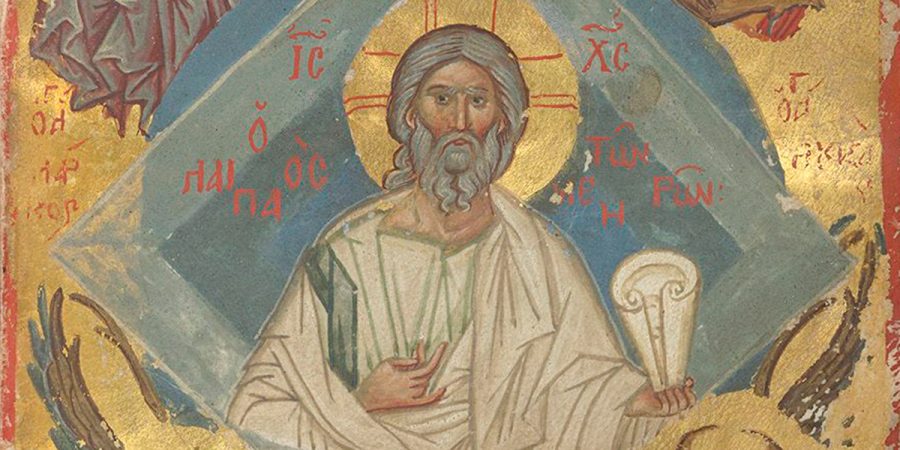
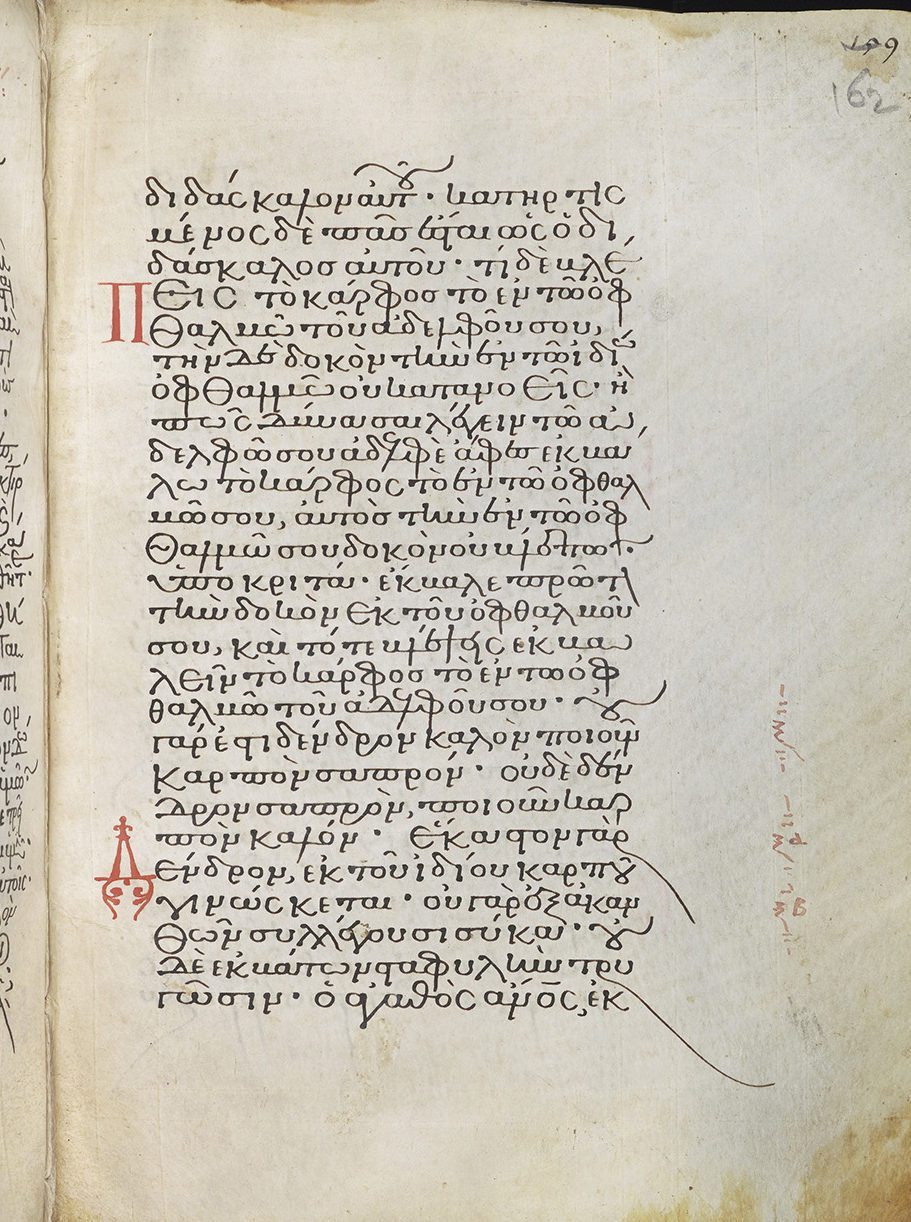
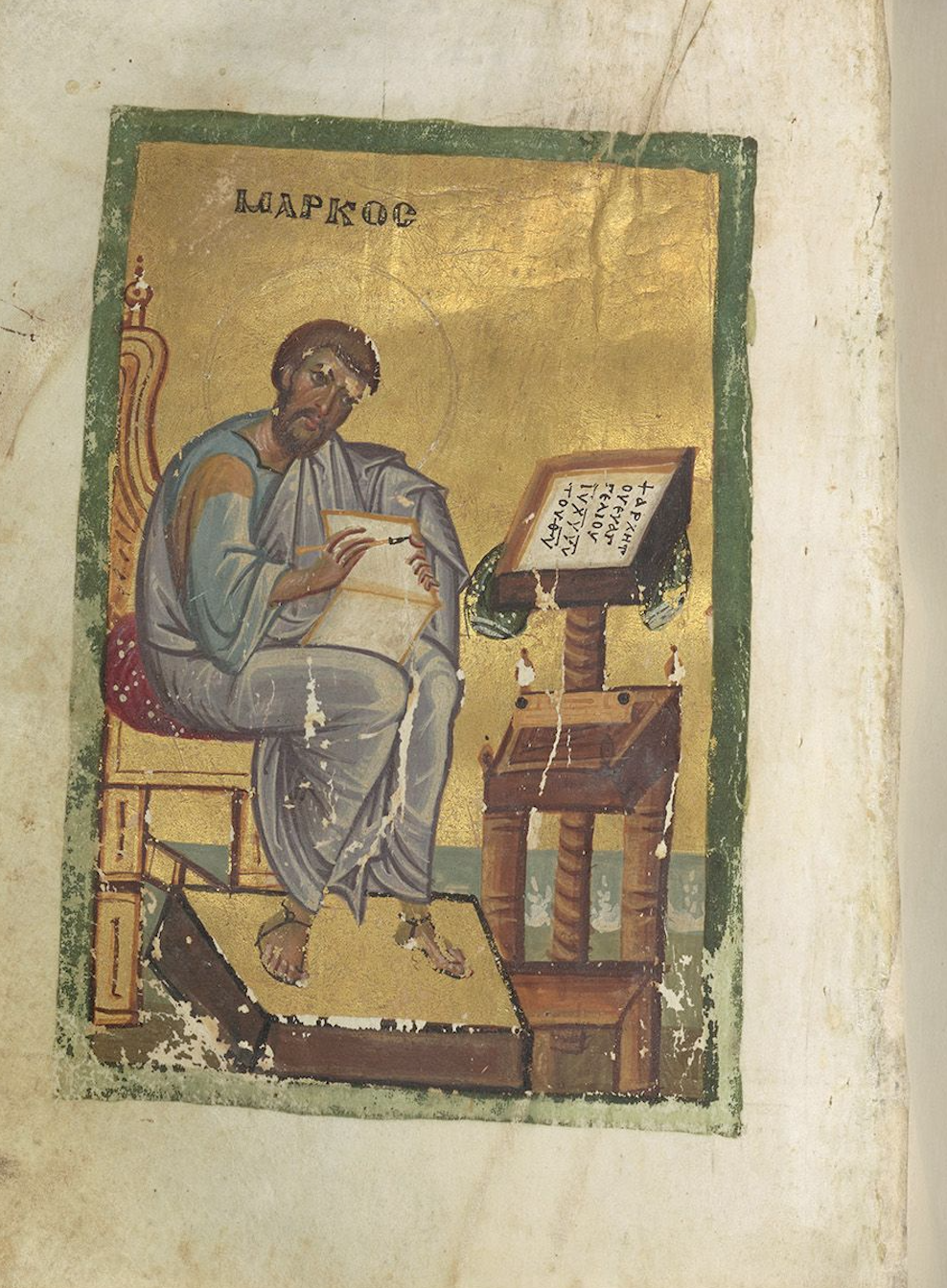
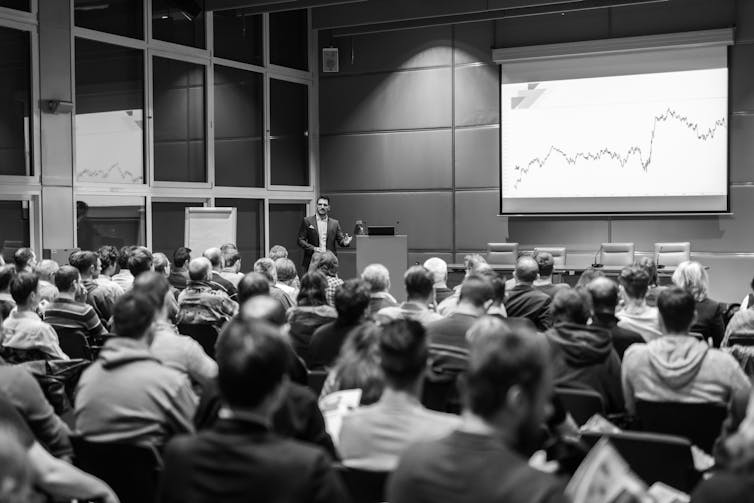
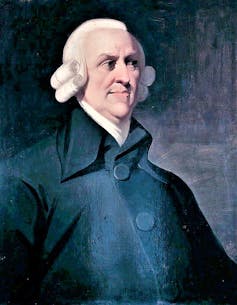


 Readability
Readability